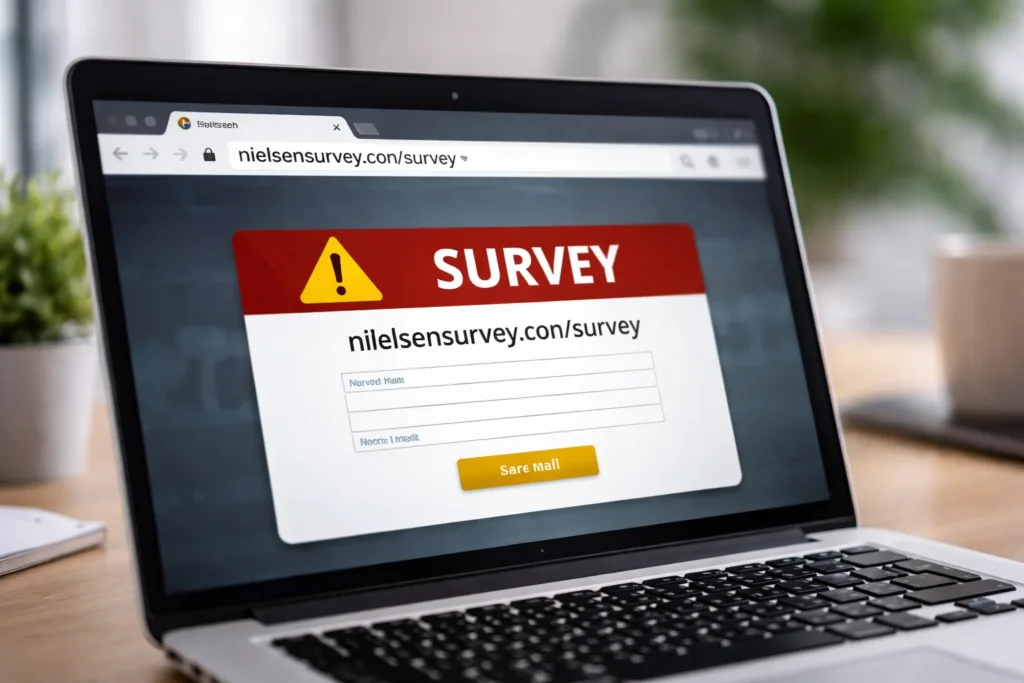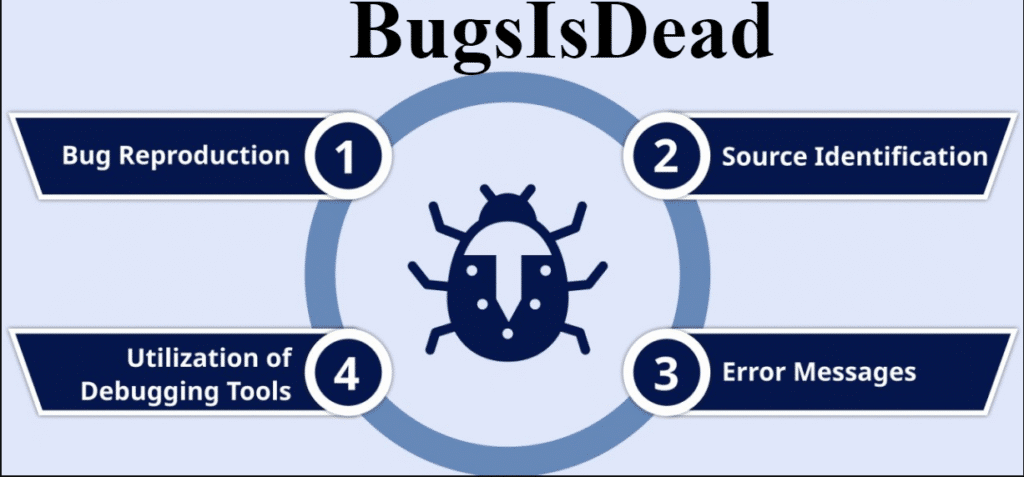Premium proxies: a necessary tool in your cybersecurity strategy

Cybersecurity constantly changes, necessitating constant attention to detail and flexibility in response to emerging risks and difficulties. The increasing prevalence of intricate cyberattacks, including phishing, ransomware, and data breaches, has revealed the weaknesses of numerous individuals and organizations that depend on the internet for their everyday operations.
Using premium proxies is one of the best strategies to improve cybersecurity and safeguard online privacy. Premium proxies serve as go-betweens for you and the internet. They are quick, reliable, and completely anonymous. They shield your identity and activities from prying eyes by enabling you to access any website or service without disclosing your IP address or location. And by premium proxies we mean residential proxies, as they have several advantages over other proxies.
The role of premium proxies in enhancing cybersecurity
Several prevalent and potentially harmful cyber threats that can jeopardize your online security and privacy include malware, DDOS attacks, phishing scams, identity theft, and data breaches. It would help if you had a dependable and robust solution to encrypt your traffic, conceal your IP address, and get around geo-restrictions to defend yourself against these attacks.
One of the most significant choices for this is premium residential proxies. Proxy providers rent these IP addresses from ISPs or P2P networks. They are actual devices used by regular internet users. Residential proxies can access any web resource without raising red flags, unlike datacenter proxies, easily identified and blocked by websites.
Residential proxies also provide high security and anonymity because they don’t keep user logs or private data. Additionally, you can move between their vast pool of IP addresses from various nations and areas without worrying about being followed or targeted by hackers.
Premium residential proxies are extremely helpful for social media marketing, web scraping, and e-commerce. They allow you to gather valuable data from any website, manage multiple social media accounts, purchase goods at discounted prices from various markets, and access geo-restricted content. Premium residential proxies are the best option for online security and privacy. They can improve your online productivity and experience while safeguarding against DDOS, malware, phishing, identity theft, and data breaches.
Premium proxies: a part of your comprehensive cybersecurity strategy
Premium proxies are an effective tool for strengthening online privacy and cybersecurity, but they are not a magic fix for every issue. Before using premium proxies, you should know their limitations and disadvantages.
For example, premium proxies might not function with certain websites or services that demand verification or authentication. Additionally, certain websites or services can tell if you use a proxy server and block or ban you. Furthermore, sophisticated cyberattacks that compromise your devices or systems through different techniques or vectors might not be able to be stopped by premium proxies.
Consequently, it’s critical to employ premium proxies with other cybersecurity measures like firewalls, virtual private networks (VPNs), antivirus software, password managers, encryption tools, backup plans, etc. Your online security and privacy can be protected with multiple layers of protection from these measures that work together.
How to choose the best premium proxy provider
If you are looking for the best premium proxy provider for your needs, you should consider several factors, such as:
- Geographical coverage: A large selection of IP addresses and locations are available for premium proxies, but not all providers offer the same coverage. Seek a premium proxy service with servers in the nations or areas you wish to access or target. You should also examine the servers’ accessibility and performance at those locations.
- Performance: High performance is provided by premium proxies; however, speed and stability vary amongst providers. A premium proxy provider should have reliable, fast servers that can process your requests and traffic without causing any hiccups or delays. Verifying the servers’ uptime, latency, and bandwidth is advisable.
- Compatibility: While most devices and operating systems can use premium proxies, not all providers offer the same degree of compatibility. Seek out a premium proxy service that works with the hardware and operating systems you currently use or intend to use. Additionally, you should confirm that it is compatible with the websites or services you intend to use or access.
- Pricing: Although premium proxies are more costly than free or inexpensive proxies, they provide higher quality and dependability. The premium proxy provider that best fits your needs and budget should be selected after comparing several premium proxy providers’ features and pricing structures. Additionally, it would help if you searched for deals and affordable trials that will enable you to test the service before committing or saving money.
Conclusion
Using premium proxies, you can improve your cybersecurity and safeguard your online privacy. Using premium proxies, you can defend sensitive data and digital assets against cyberattacks. Premium proxies make it more difficult for hackers to target or track your online activity by concealing your IP address and location. Additionally, they can stop someone from intercepting your traffic or stealing your credentials by partially encrypting your data.
Premium proxies cannot, however, ensure your online security and privacy on their own. They should be utilized with other cybersecurity precautions like firewalls, VPNs, password managers, encryption tools, backup plans, and antivirus software.

Why Retail Software Testing is Critical for Effective E-commerce Development?

How Sales Teams Increased Productivity with Parallel Dialers

Curtain Dry Cleaning and Leather Sofa Cleaning – Reliable Care by Duo Nini

The Ultimate Guide to Family-Friendly Communities: Planning Your Family Vacation to Destin Florida

How Condensed Fonts Improve Packaging and Label Design

h5.onfilom.com: What It Is, Why It Appears, and How Users Should Treat It

nielsensurvey.con/survey – Real Nielsen Survey or Fake Link? Complete Safety Guide

Strong Password Guide: Create & Manage Safe Logins








